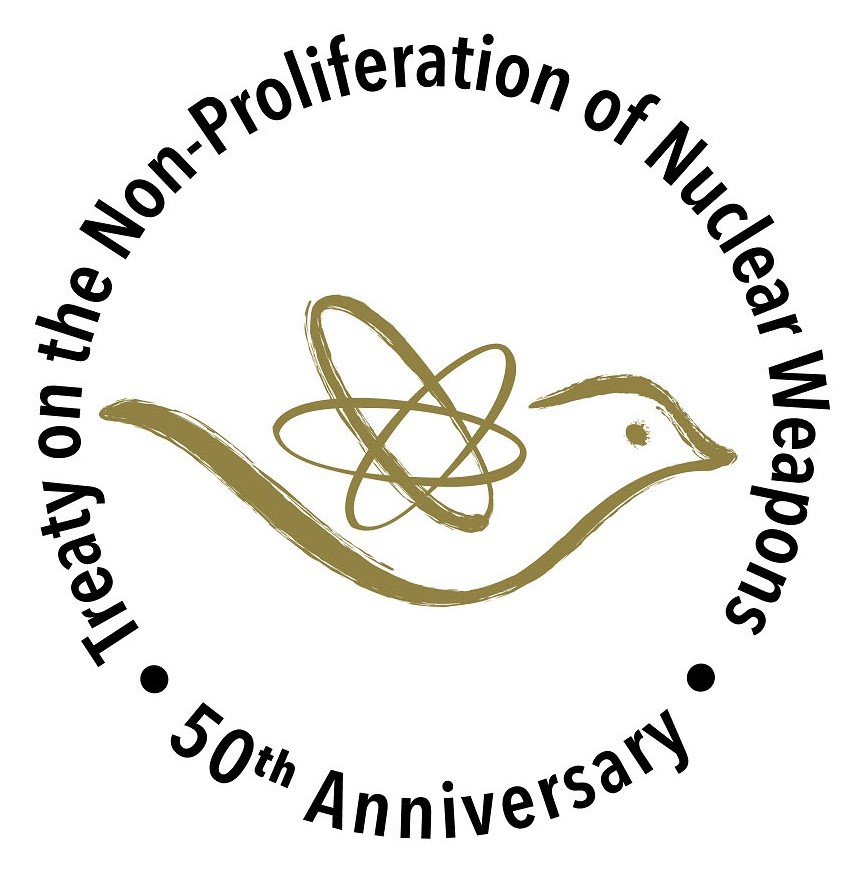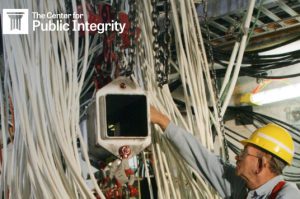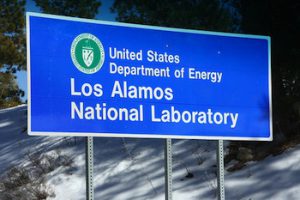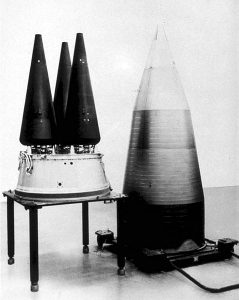FOR IMMEDIATE RELEASE, November 24, 2019
Santa Fe, NM – Today, Pope Francis called for the global abolition of nuclear weapons while paying homage to the victims of the bombings of Hiroshima and Nagasaki. Those two cities were both destroyed by atomic weapons designed and produced by the Los Alamos National Laboratory, located in northern New Mexico’s Santa Fe Catholic Archdiocese.
The Holy Father declared:
“With deep conviction I wish once more to declare that the use of atomic energy for purposes of war is today, more than ever, a crime not only against the dignity of human beings but against any possible future for our common home. The use of atomic energy for purposes of war is immoral, just as the possessing of nuclear weapons is immoral, as I already said two years ago. We will be judged on this. Future generations will rise to condemn our failure if we spoke of peace but did not act to bring it about among the peoples of the earth. How can we speak of peace even as we build terrifying new weapons of war?”
Two of the U.S.’ three nuclear weapons laboratories, the Los Alamos and Sandia National Laboratories, are located within the Santa Fe Catholic Archdiocese. Together the two labs spend $4 billion per year on core nuclear weapons design, testing and production programs. In addition, up to 2,500 nuclear weapons are estimated to be held in strategic reserve at the Kirtland Underground Munitions Maintenance and Storage Complex, less than two miles south of the Albuquerque International Airport. That complex is probably the largest repository of intact nuclear weapons in the country and perhaps the world.Continue reading








